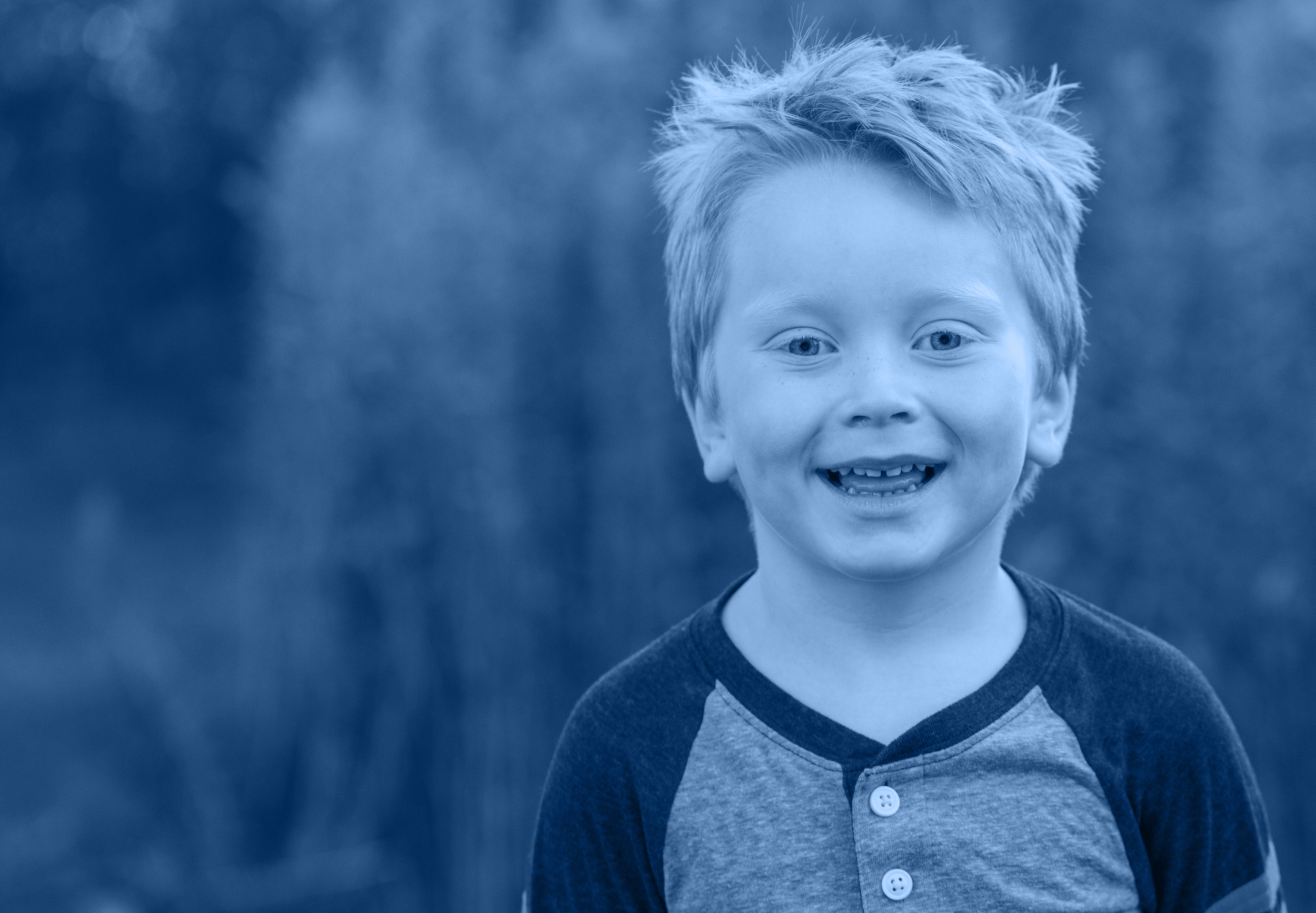
Parent Resources
The resources included here provide information about some of our instructional and clinical practices, in addition to tips and tools for parents and caregivers raising kids with autism. Many of the sources come from our partner, Trellis Services, which provides ABA treatment for children with autism in Maryland. Others come from LEARN Behavioral, a national organization made up of leading providers in autism treatment (including Trellis Services and the Trellis School) and from trusted sources like Autism Speaks and Pathfinders for Autism.
What is Applied Behavior Analysis? (Autism Speaks)
What is Verbal Behavior Therapy? (Autism Speaks)
Autism by Age (Pathfinders for Autism)
A Parent’s Guide to Autism (Autism Speaks)

Join Us
Stay up-to-date with our newsletter
Top 5 Autism Studies from the Last Year
Significant developments were made in autism and applied behavior analysis (ABA) research in the field of autism and applied behavior analysis (ABA) in 2021. Learn about the top five studies from last year.
Myth: Kids with Autism Don’t Have Emotions
Where does the myth that autistic people lack emotions come from? How does a condition known as alexithymia contribute to the myth?
Breathing Technique to Help You Remain Calm When Your Child is Having a Tantrum
Behavior Analyst Katherine Johnson teaches a simple breathing technique called the Physiological Sigh to keep you calm when your child with autism is having a tantrum or meltdown.
Spotlight on Diversity in ABA: An Interview with Joshua Polanco
Board-certified behavior analyst, Joshua Polanco, shares stories from his journey and experience working with children and young adults with autism—and his take on the importance of diversity, equity, and inclusion (DEI) in the field of applied behavior analysis (ABA).
Neurodiversity: What It Means, Why It Matters
Neurodiversity can lead to stronger workplaces—and societies. What does the term mean? How does it relate to autism?
Why Adherence to Your Behavior Analyst’s Clinical Recommendation is Critical to Success
Parents and caregivers will do just about anything to provide for their children’s needs and requirements. Unfortunately, for those whose children require additional supports and services, this can feel nearly impossible.












